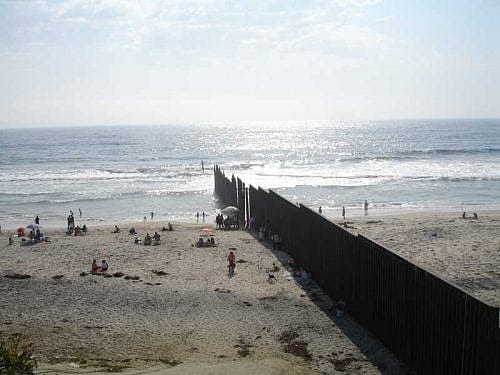Law Professor Challenges UNH President To Hire Non-Leftists

New Boston Post recently reported comments by the new president of the University of New Hampshire dismissing concerns about ideological bias on university campuses. "I think that people make a little bit more of this than it really is," James W. Dean Jr. is reported to have said in an interview with a local media group.
I want to challenge President Dean. I teach graduates of major universities such as UNH. And I see the effects of the ideological bias that pervades higher education.

